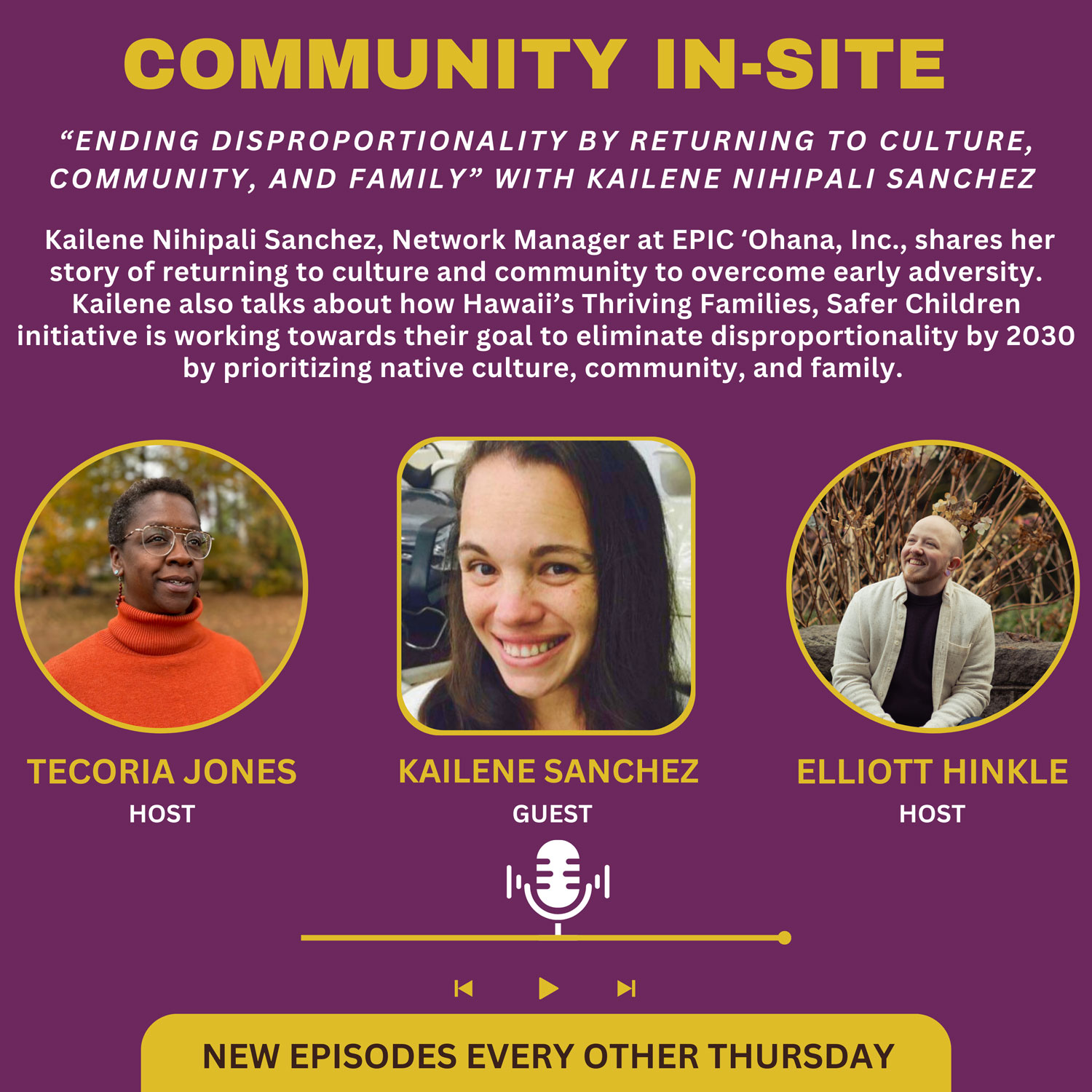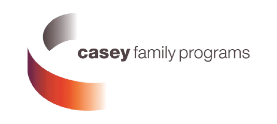


Ending Disproportionality by Returning to Culture, Community, and Family with Kailene Nihipali Sanchez
In this episode, we sit down with Kailene Nihipali Sanchez, Network Manager at EPIC ʻOhana, Inc. in Hawaii. As a teenager, Kailene grew up in a community plagued by high rates of health issues, homelessness, and substance abuse. She describes a pivotal moment when she returned to her culture and identity to overcome early adversity. As the Network Manager, she now advocates alongside other native Hawaiian families for a reimagined child welfare grounded in Native Hawaiian culture, values, and deep positive relationships that heal and strengthen individuals, families, and communities.
The work of the Network teams is about restoring traditional practices, implementing cultural training, and creating a future where every native Hawaiian child thrives within a supportive and connected community. Kailene and her team are redefining child welfare in Hawaii. Their specific goal is that by 2030, native Hawaiian children will no longer be disproportionately represented in the system. Listeners will learn how Hawaii is working on the Thriving Families, Safer Children principle of addressing racial equity and disproportionality. They will learn about the efficacy of cultural inclusion training for all professionals working with families. They will also learn how the erasure of identity for any culture, not just the Hawaiians, can perpetuate generational trauma and keep people in cycles of harm.







